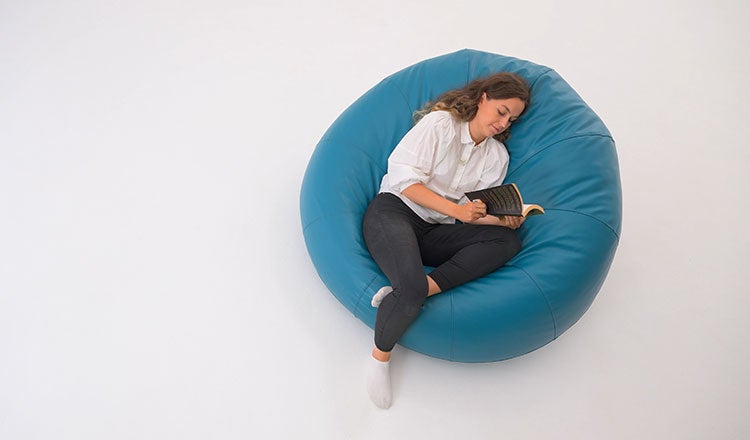
A Comfortable Treatment for Behavioral Health
Promoting Wellness Through Furniture
Choosing the right furniture to fill the built environment is essential in creating a pleasant, consistent user experience. This is especially true in behavioral health facilities, where many patients who are hypersensitive to environmental stimuli are cared for. HDR Health Principal Jason Beshore collaborated with Pineapple Furniture, an English company specializing in medical spaces, to design a piece of furniture with that in mind. The result is the Boden Rocker, a rocking chair that facilitates self-stimulatory behavior.
From the Ground Up
The design stems from Beshore’s 25 years of experience designing behavioral health facilities. While spending time in these spaces, he noticed that many patients rocked on the floor rather than using the available rocking chairs — highlighting the deficiency of existing chairs. It was important for the Boden Rocker’s design to consider patient needs from the beginning rather than retrofitting standard chairs for use in these settings, as is the case with most furniture. A mix between a rocking chair and a bean bag, it keeps users in a comfortable position low to the ground while allowing them to rock, providing a unique range of sensations.
After developing a prototype, the chairs were tested in two facilities that service adult patients: Commonwealth Center for Children & Adolescents and Western State Hospital. After being deployed, Commonwealth Center Director Valerie Jackson reported one patient’s seclusion and restraint episodes decreased by nearly 75% after using the chair consistently for seven days.
An All-Encompassing Design
"Traditional rocking chairs only provide vestibular stimulation, the sensation of moving through space," Beshore said. "By design, the chair provides tactile and proprioceptive stimulation through its size, shape and softness, which is especially valuable in clinical settings where healthcare workers can't physically touch patients in many instances."
Safety was a priority in the design process, Beshore said. "The chair’s low profile allows users to easily control their movement without inducing stress from the risk of tipping over. The size and weight of the chair prevent it from being able to be picked up and thrown, while its plastic base prevents it from slipping, a very important feature in behavioral healthcare environments."
The innovative donut seat provides comfort while preventing its shape from deforming. The plastic base and filling are made of 100% recycled material, allowing it to fit with facilities’ carbon neutrality frameworks.
The chair has already been recognized for its effectiveness and novel design. It was honored in the 2023 Nightingale Awards, winning a gold award in the seating category and an innovation award while being recognized as a top three product in the entire showcase.





